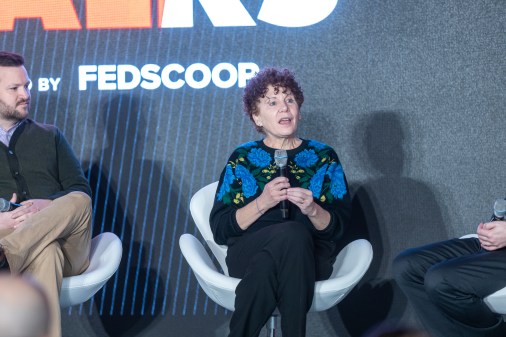NSF to dole out $76M in cybersecurity research grants

The National Science Foundation is pumping $76 million in research grants into academic cybersecurity programs aimed at “human-centered” security for the Internet of Things and computer chips that prove their own trustworthiness, among other projects.
In a recent news release, the NSF announced the grants would be funneled through its Secure and Trustworthy Cyberspace program — part of the portfolio of approximately $160 million invested in cybersecurity research across the agency this year.
The 241 grants support projects researching hardware, software, human incentives and behaviors, and the convergence of the cyber and physical worlds across 36 states and 129 institutions.
The three largest new projects, each supported by $3 million grants, will investigate: emerging areas of interest: the relationship between the Internet of Things and humans, the development of verifiably secure hardware, and cryptographic methods to improve privacy. They include:
- Living in the Internet of Things. “Human centered” security for the Internet of Things. At Indiana University and Washington State University.
- Verifiable Hardware: Chips that Prove their Own Correctness. At the University of Virginia, New York University, the University of California-San Diego, Yale University and CUNY’s City College.
- Computing Over Distributed Sensitive Data. Yaacov Nissim Kobliner, Harvard University; Marco Gaboardi, University of Buffalo.
“No solution for securing cyberspace is complete without the integration of research that examines how people — from the users of internet commerce to the attackers who endanger networks — behave in the complicated systems that constitute the internet,” said Fay Lomax Cook, NSF assistant director for Social, Behavioral & Economic Sciences. “Technology and behavior are intrinsically linked in the world of cybersecurity, and NSF’s support for interdisciplinary research reflects that.”
“Examining the fundamentals of security and privacy from a multidisciplinary, socio-technical perspective can lead to fundamentally new ways to design, build and operate cyber systems, protect existing infrastructure, and motivate and educate individuals about cybersecurity,” added Jim Kurose, NSF assistant director for Computer and Information Science and Engineering.
NSF says the grant program is “inspired by and aligned with” two strategic plans for research that the Obama administration released in 2016: the Federal Cybersecurity Research and Development Strategic Plan and the National Privacy Research Strategy. “Both are dedicated to protecting and preserving the growing social and economic benefits of cyber systems while ensuring security and privacy,” states the release.






